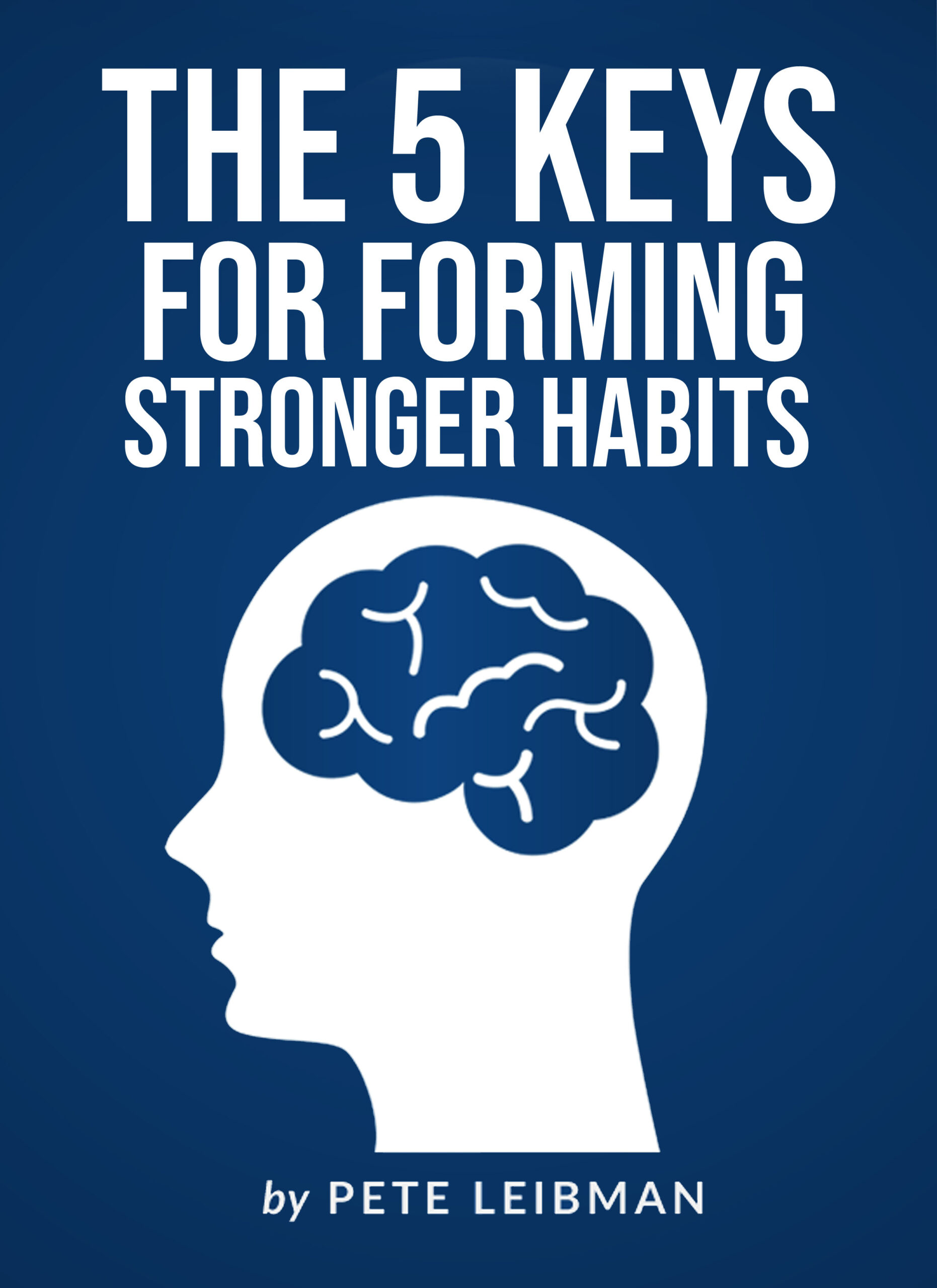
Would you like to stop comparing yourself to other people?
Much of the unhappiness that we experience in life stems from measuring our self-worth by how we stack up against other people. If you are not careful, you can drive yourself crazy with your comparisons.
In this article, you will learn how to stop comparing yourself to other people. First, here are three reasons why you should try to break this habit.
Each person’s starting point and journey is completely unique.
Your life (and everyone else’s life) is shaped by a completely unique combination of genetics, experiences, resources, social networks, family situations, and so on. No one else started at the same exact place that you did, and no one else has followed the same exact path that you have. Comparing yourself to someone else is always like comparing apples and oranges.
We are all “better” and “worse” in different ways.
No one is “better” or “worse” than you in every possible way. You can always find ways that someone is “better” than you and ways that someone is “worse” than you.
For example, just because someone makes more money than you, that does not mean he is “better” than you. He simply makes more money. You might be fitter, kinder, happier, or more popular than him. In fact, that same person might actually envy you for something that he thinks you are “better” at than him.
You usually don’t know the full story about someone else anyway.
Even someone who seems to have the perfect life could actually be struggling with something right now that you know nothing about. For example, Prince Harry, actor Ben Affleck, 1 and tennis star Naomi Osaka 2 are just a few of the many celebrities who have recently opened up about their struggles with depression and mental health.
While some people share their struggles publicly, most people are much more private about their challenges. Someone who seems to be “better” than you in some way could actually be going through something very difficult right now that you know nothing about.
How to Stop Comparing Yourself to Other People
Here are three practical steps that you can take if you want to stop comparing yourself to other people:
Step 1: Get busy living your own life.
If you frequently compare yourself to other people, that could be a sign of a bigger problem. You are probably not clear on your goals, or you are not doing as much as you know you could to achieve them.
For example, I find that I’m much less likely to worry about other people when I’m clear on my goals and when I’m doing everything in my power to achieve them. On the other hand, when I start comparing myself to other people, it’s almost always because I am lacking clarity or commitment in pursuing my own goals.
Go all-in on whatever you want to achieve, and you will naturally compare yourself to other people much less often. You will be too busy taking action for yourself.
Step 2: Identify the cues that cause you to compare yourself to other people.
There are specific cues that cause you to compare yourself to other people. It doesn’t just happen randomly. Here are some questions to help you identify your triggers for this habit: 3
Where are you when you compare yourself to other people? Your physical environment has a big impact on your thoughts. For example, maybe you have a tendency to compare yourself to others when you are at the gym. Or, maybe you compare yourself to others when you are at work.
Who are you with (if anyone) when you compare yourself to other people? Your social environment also has a big impact on your thoughts. For example, maybe you fall into this habit when you are around certain people. Or, maybe it happens when you are alone.
How do you feel right before you compare yourself to other people? The way that you feel (mentally or emotionally) can also trigger certain thoughts. For example, maybe you compare yourself to others when you are bored, sad, or stressed-out.
What typically happens right before you compare yourself to other people? Other behaviors can also trigger certain thoughts. For example, maybe you start comparing yourself to others right after you spend time on social media or right after you watch television.
What days and times do you usually compare yourself to others? There are probably certain days and times when you are most likely to compare yourself to others. For example, maybe it happens when you have more free time, such as during weekends.
Identify the cues that trigger your habit of comparing yourself to other people. Then, you can be strategic about how to break this bad habit. That brings us to step #3.
Step 3: Remove or reduce your cues for comparing yourself to other people.
If you want to stop comparing yourself to other people, don’t just try to have more willpower. A much stronger approach is to remove or reduce the cues that trigger the habit in the first place.
Ask yourself how you can remove or reduce the cues that you identified in step 2. For example, if you typically compare yourself to other people during/after using social media, then you could cut back on your social media time. As another example, if you typically compare yourself to other people when you are at the gym, then you could try working out at a different location, such as your home.
Summary and Final Thoughts
If you are not careful, you can drive yourself crazy by comparing yourself to other people. While it is a very common habit, there are three reasons why it makes no sense to do it:
- Each person’s starting point and journey is completely unique.
- We are all “better” and “worse” in different ways.
- You usually don’t know the full story about someone else anyway.
If you want to stop comparing yourself to other people, follow these three steps:
- Get busy living your own life.
- Identify the cues that cause you to compare yourself to other people.
- Remove or reduce your cues for comparing yourself to other people.
Run your own race. Don’t make yourself miserable comparing yourself to other people and trying to become “better” than everyone else. Focus on becoming your best.
P.S. If you enjoyed this article, check out my free 40-page eBook and newsletter below.

Free eBook and Newsletter
Download my free 40-page eBook on “The 5 Keys for Forming Stronger Habits.”
You’ll also receive my free weekly newsletter on how to become your strongest self.
Your email is safe. Unsubscribe anytime.
About the author: Pete Leibman is the Creator of StrongerHabits.com. He is a best-selling author, keynote speaker, executive recruiter, athlete, and peak performance coach. His work has been featured on Fox News, CBS Radio, and CNNMoney.com, and over 500,000 people across the world have read his articles.
Footnotes
- Here is an article about some famous celebrities who have gone public with their struggles with depression: https://www.verywellmind.com/celebrities-open-up-about-depression-5094126.
- Here is an article about Naomi Osaka’s struggles with depression: https://www.self.com/story/naomi-osaka-long-bouts-of-depression
- I first learned about the concept of habit cues/triggers from Charles Duhigg. He is the author of an exceptional book titled The Power of Habit: https://www.amazon.com/Power-Habit-What-Life-Business/dp/081298160X.

